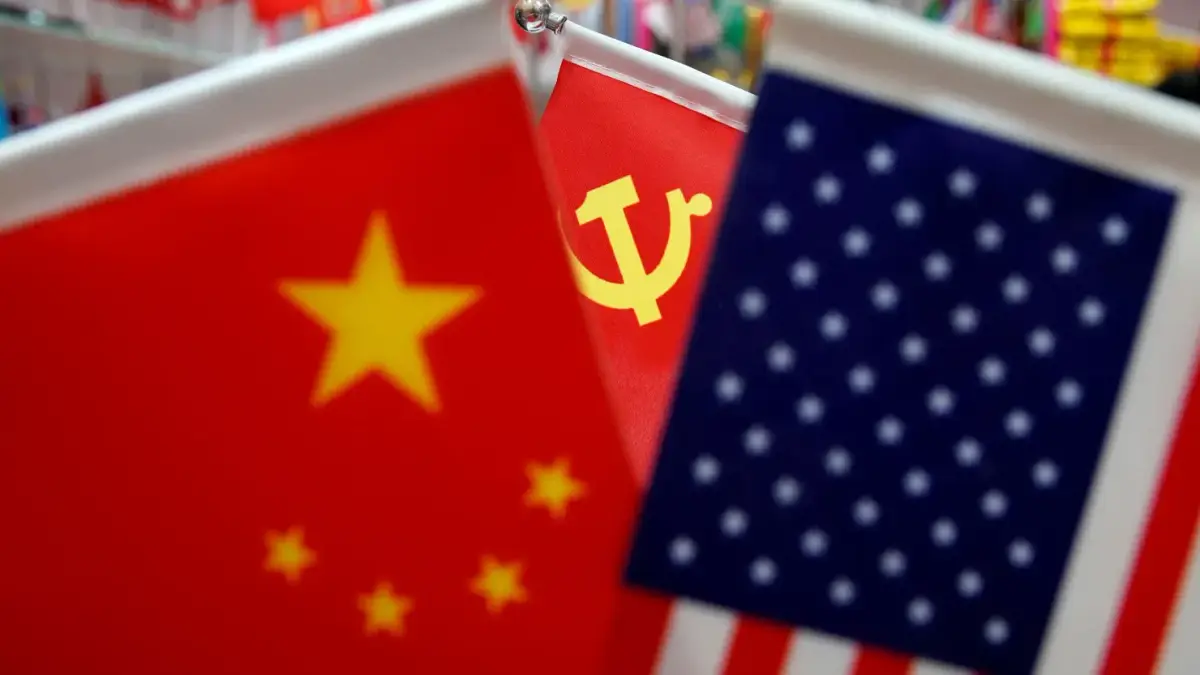With President-elect Donald Trump preparing to implement tariffs on China, Chinese Vice Premier He Lifeng has intensified efforts to engage with U.S. financial leaders. Over the past month, He has held high-profile meetings with executives from major Wall Street firms, signaling Beijing’s push to strengthen financial ties amid escalating trade concerns.
He Lifeng, a senior official heading China’s economic and finance committee, met with:
- BlackRock Chairman and CEO Larry Fink (Dec. 5)
- Goldman Sachs President and COO John E. Waldron (Dec. 4)
- Citigroup CEO Jane Fraser (Nov. 21)
These discussions come as Beijing seeks backchannels to address potential economic fallout from Trump’s protectionist agenda. Peter Alexander, founder of Shanghai-based Z-Ben Advisors, noted, “Back channeling is how China operates, even prefers, when building lines of communication.”
Wall Street’s Moderating Influence
Trump’s cabinet, populated with financial heavyweights, could temper his administration’s protectionist tendencies. Analysts suggest figures like hedge fund manager Scott Bessent (Treasury secretary nominee) and Cantor Fitzgerald CEO Howard Lutnick (Commerce secretary nominee) might advocate for market-friendly policies.
“Voices from Wall Street may work to mitigate aggressive trade policies,” said Clark Packard, a research fellow at the Cato Institute. He added, “Market reaction is a key concern for the Treasury.”
Beijing’s Dual Strategy
In addition to engaging Wall Street leaders, Beijing is implementing policies to secure its economic position. Actions such as imposing export controls on critical minerals indicate a calculated approach to navigating potential U.S. trade barriers.
Zongyuan Zoe Liu, a senior fellow at the Council on Foreign Relations, noted that China’s actions reflect preparation for “worst-case scenarios.” However, she cautioned that financial institutions may have limited influence in reducing tariffs or easing tensions, as profit motives often outweigh geopolitical considerations.
A Broader Message to Investors
Chinese state media framed these meetings as evidence of Beijing’s commitment to opening its financial sector and attracting long-term foreign institutional investment. Such engagements are intended to bolster confidence in China’s domestic market and signal openness to global partnerships.
Vice Premier He also met with:
- Invesco President and CEO Andrew Schlossberg (Nov. 12)
- HSBC Group Chairman Mark Tucker (Nov. 14)
U.S.-China capital markets have historically been a cornerstone of bilateral relations. Winston Ma, adjunct professor at NYU School of Law, observed, “A constructive finance relationship leads to mutual assured prosperity, while conflict risks mutual assured destruction.”
Outlook
As Beijing navigates an uncertain geopolitical landscape, its strategic outreach to Wall Street reflects a desire to maintain economic stability and adapt to shifting global dynamics. Whether these efforts will soften the impact of U.S. tariffs remains to be seen.






